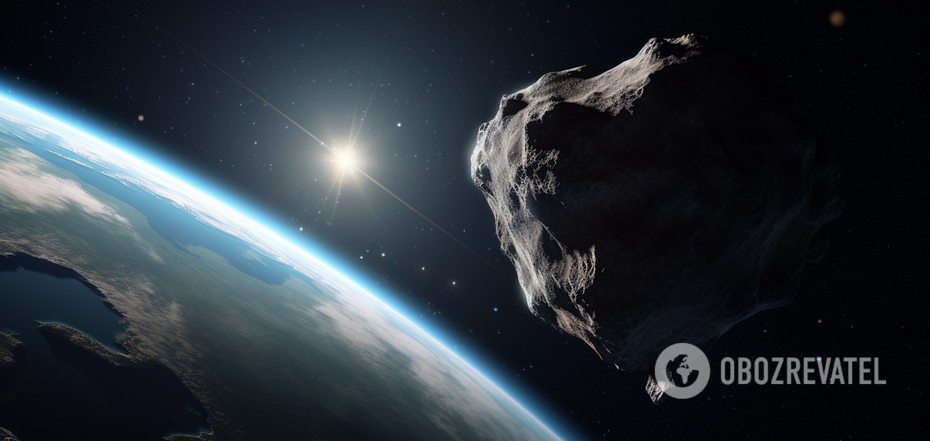News
Asteroids may become a salvation for Earth and humanity: what scientists have come up with
Against the backdrop of the missions of the Japanese and US space agencies, which have succeeded in exploring (and redirecting) asteroids, the scientific community and economists have begun to seriously discuss the possibility of moving human activity into space. The idea is to stop the mining industry on Earth and start it on space bodies.
Wired speaks about the research of scientists. The idea of mining in space is not so much a way to make more money as it is one of the steps to save the Earth from depletion.
While some companies are exploring the controversial idea of mining cobalt, nickel, and platinum from the seabed, some asteroids may contain the same minerals in abundance. In addition, they have no wildlife that could be harmed during mining. Several companies in the US are already preparing to test their technologies in space before heading to asteroids, so it is not surprising that the topic requires an analytical study.
One such study on economic activity in space was conducted by Ian Lange, an associate professor of economics and business at the Colorado School of Mines. His paper, written in collaboration with a researcher at the International Monetary Fund, examines the potential and challenges of an emerging industry that could reach significant proportions over the next few decades, driven by demand for critical metals needed for electronics, solar and wind power, and electric vehicle components.
Lange's study found that the extraction of some metals from space could outpace their extraction on Earth in 30-40 years.
It is estimated that metallic asteroids contain more than a thousand times more nickel than the Earth's crust in terms of grams per metric ton. Asteroids also have significant concentrations of cobalt, iron, platinum, and other metals.
Mining in space itself may not be as expensive as it would have been 20 years ago, before SpaceX, Rocket Lab, and other companies with reusable rockets entered the space transportation market.
The researchers also suggest that robots will soon be able to mine minerals for use in space, for example, to build spacecraft or housing for astronauts.
So far, no one has tried to objectively assess the value of an asteroid, but the presence of critical metals in them can make them almost priceless. For example, cobalt is currently worth about $33,000 per ton, and nickel is worth $20,000 per ton. With the advent of electric vehicles, demand for these metals has increased as such cars and their batteries require about six times more minerals than conventional cars. Nickel is also used for solar panels and cobalt for wind turbines.
It is predicted that by 2050, demand for cobalt could increase sixfold to reach one million tons per year, and demand for nickel could quadruple, depending on how seriously the world tries to switch to clean energy. Demand for platinum group metals will also grow, both for catalysts and fuel cells.
Lange's study also highlights the social and environmental costs of mining on Earth. For example, the Democratic Republic of the Congo accounts for 70% of cobalt production, while nickel mainly comes from Indonesia and the Philippines, and Russia and South Africa provide most of the world's supply of platinum group metals. Many mining operations in these countries systematically use child labor, forced labor, and human rights abuses, especially in the cobalt supply chain. Indonesian nickel mining companies are also accused of deforestation and water pollution.
However, the environmental damage to the planet can only increase as deep-sea mining could be the next frontier in the extraction of these metals on Earth.
The researchers note that even the most barren area of the ocean floor is teeming with life compared to asteroids, which, as far as scientists know, are lifeless rocks. Lange argues that mining asteroids would be a more acceptable compromise for the public.
"This (space) rock will not look like it has looked for the last X million or billion years," he said, but few people will care if the Earth's wildlife is at stake.
At the same time, Lange advises not to expect an explosive development of space mining as many technological and economic obstacles need to be overcome before mining can begin anywhere.
"What production or processing activities are currently taking place in space? Zero. You cannot quickly move from zero to the state of the current economy. You have to crawl and walk first," the researcher said.
Earlier, OBOZ.UA reported that NASA's mission to a metallic asteroid could reveal the secret of the Earth's creation.
Subscribe to OBOZ.UA on Telegram and Viber to keep up with the latest events.



























